How do you choose to see yourself?
“How do I choose to see myself?” I thought as I was getting ready to embark on the next chapter of my life, college.
Was I going to continue to see myself as my classmates and teachers saw me?
It was difficult to leave the place I was raised in since I was 12 years old; the smell of my mom’s freshly-made, perfectly-cooked blueberry pancakes; the cloudy afternoons when I helped my Dad shovel the snow off the driveway; the hours I played with our dogs, Derby and Rocky, rolling around on the floor of the family room, becoming a vacuum as I picked up all of the dirt around me.
As difficult as it was to leave, I knew that I had to go.
I’ll always remember that car ride, sitting in the middle section of my mom’s minivan, tears streaming down my face, envisioning what this next chapter of my life could be, an opportunity to redefine how I chose to see myself.
In the prior years, middle school and high school, I was viewed as a “trouble maker” and sometimes a “bully”.
I would talk back to teachers, I made fun of classmates, I was disruptive. This was the expectation of my peers and so I became what they expected me to be.
I spent more time in the principal’s office than anyone ever wanted to.
For the longest time, I wanted to forget all of those experiences.
I wanted to forget about all of the pain I may have caused others.
But, instead, I chose not to forget the pain I may have caused. I chose to look at those experiences head-on and all the lessons that I could learn from them.
One of the greatest lessons I learned was that I do not have to be what people perceive me to be. I can choose who I want to be.
Going to college helped me break that cycle, it instilled enough excitement and hope within me that my life could be different.
I didn’t know HOW, I just believed that it was POSSIBLE.
I look back at that time in my life to remind myself that all is POSSIBLE. It is POSSIBLE to view myself in a different light despite the circumstances I was born into; it is POSSIBLE to leave my tribe behind and join a new tribe; it is POSSIBLE to dig deep enough to rid myself of negative behavior. It is POSSIBLE to learn from past experiences; it is POSSIBLE to love myself wholeheartedly.
It is POSSIBLE!
If you enjoyed this, please share your thoughts by commenting below or joining us on one of our weekly, “Courageous Conversations” virtual meetup gatherings.

